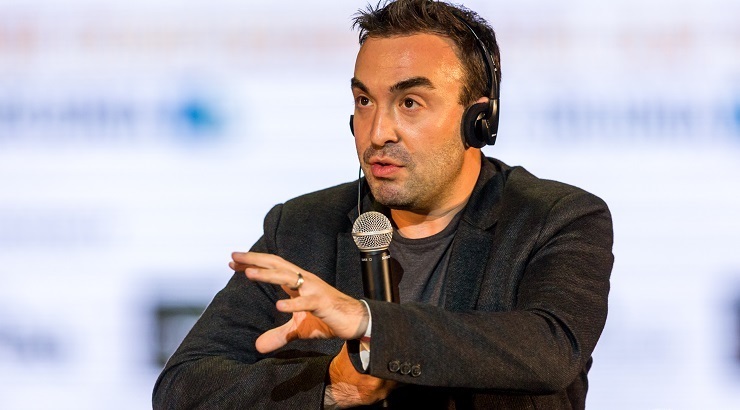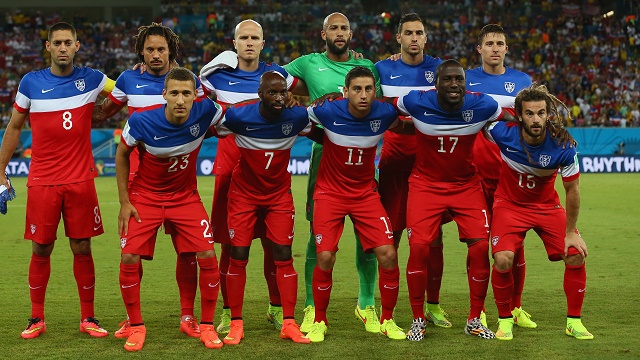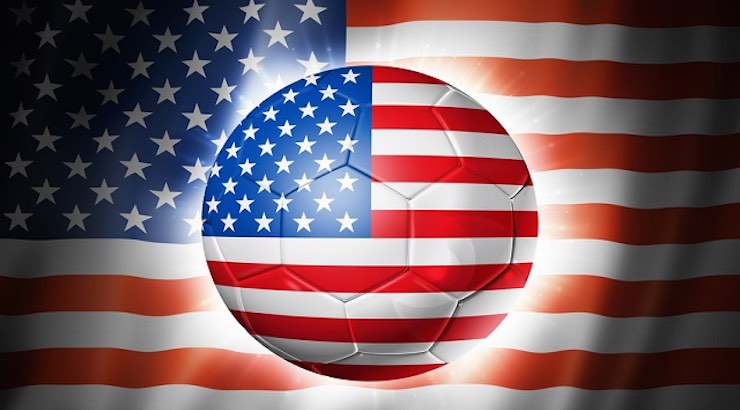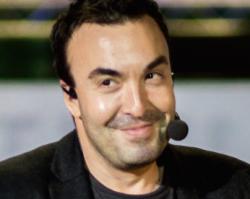Dan Abrahams: Taking the Long View of U.S. Soccer International Play
A global sport psychologist and author specializing in soccer, Dan Abrahams global sport psychologist and author specializing in soccer, Abrahams is based in England and works with professional soccer players in the English Premier League(EPL). Abrahams has helped hundreds of soccer players – many of them who play in the English Premier League (EPL) and others who play across Europe.

Soccer News: Being a citizen of the UK, I’m five to eight hours ahead of my friends in the U.S and it was with surprise, shock and disappointment when I awoke last week to learn that the U.S. National Soccer Team had failed to qualify for the World Cup for the first time in seven tournaments.
Inevitably, the past week has seen a great deal of analysis – lots of doom and gloom, a great deal of hysteria, and a lot of well-meaning commentators and pundits screaming for big changes – some without pinpointing the specific areas that need development.
Personally, I think there’s great stuff happening in the U.S. when it comes to soccer.
So to give a little balance — and possibly perspective — on the situation here are some of my thoughts:
Soccer, like all sports relies on small margins – a failure to qualify doesn’t necessarily indicate a return to the drawing board.

The US only just failed to qualify.
A goal that should have been disallowed for Panama would have seen you in the play-offs. Chile, a team that has been in the top 5 in the world over the past few years, and the mighty Dutch team aren’t going to Russia either.
“But we still should have qualified…it’s no excuse” I hear you say. Ok, maybe. But it’s important to give the rest of the world a bit of credit. I have no doubt that in time, and with the right systems in place …
The U.S. can become one of the dominant forces in the world’s number one sport.
But this is tough to do because soccer is the number one sport for the vast majority of countries.
A vast array of resources are put into striving to be successful by even the smallest nations. Combine this with a passion, commitment and drive towards excellence, and you have a cocktail that makes any country hard to beat, no matter their size, and no matter their political situation.
Don’t be too hard on yourselves.
You’re already pretty good at sports – you always top the medals table at the Olympics (with a single anomaly in 2008) and you’re the best in the world at a number of sports.
Do bear in mind that you’re somewhat behind the Eight Ball when it comes to participation and subsequent success in soccer given that your main sports are your own version of football, basketball, baseball and ice hockey. These are the sports that have resonated with you for decades– that have been at the heart of your sporting vocabulary and culture for years.

I’m not saying you give up. I’m not writing excuses.
Becoming one of the best soccer nations in the world can’t be built on a bed of hysteria.
It won’t happen as a result of analysis full with emotion and tension.
Over the past five years, in fact since my first book ‘Soccer Tough’ hit the U.S. market I have become more interested and engaged in youth soccer in America. And I have to say I find the vast majority of coaches want to do a great job to help players develop. Most want to learn to be the very best coaches they can be. And I personally don’t find the ‘pay to play’ model that claustrophobic.
The money earned needs to be directed intelligently – it needs to go towards resources that help players improve, that gives them the very best facilities to use and provides a big enough pot to go back into the community for those who can’t afford a hefty fee per year.

The flip side is seen here in England, where grassroots clubs struggle to buy the most basic of equipment such as corner flags, balls and cones.
The key is providing a healthy mix of profit and not for profit soccer clubs that cater for a cross section of society.
Finally, and I perhaps expect a barrage of disagreement here, let me say something about your National team players and management.
Working in elite sport is very humbling.
Sometimes you work very hard, you put the right things in place, players are hungry and feel ready for the challenge but it doesn’t quite work out. I have rarely, if ever, met a group of coaches and players who lack a passion to succeed.
But elite sport isn’t about passion.
The most passionate team doesn’t always win. The most skillful, well organized, mentally and physically intense side usually does.
Perhaps this time around the U.S. National team didn’t get it quite right. Perhaps this time a great coach got a couple of things wrong. Perhaps this time good players failed to play great.
But as someone who has worked at the coal face of elite soccer for the past 15 years, let me say that this failure won’t be because of a lack of passion or want or will.
Sometimes despite our best efforts things go wrong.
Analyze the failure and work out what needs to go better next time. But don’t dismiss what you have now, because it’s good.
Books avayalbe on Dan Abrahams







